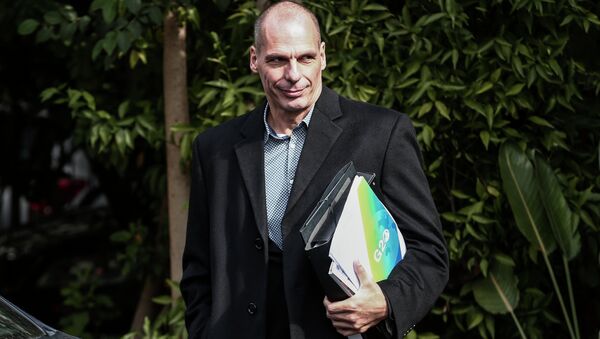Greece hopes to sign a six-month “bridge agreement” that would cover the government’s financial needs until a new deal is reached between Athens and its European partners.
On February 12, Varoufakis held emergency talks with the Eurogroup in Brussels but failed to reach a bailout deal.
According to Eurogroup chairman Jeroen Dijsselbloem, the sides had intense discussions and the talks were constructive. He said that some progress was made, but “not enough progress yet to come to joint conclusions.”
Greece could stop receiving financial aid from the troika of international money lenders – the European Commission, the International Monetary Fund and the European Central Bank – if a bailout deal is not worked out.
Greece leaving the eurozone could badly affect the economies of other EU countries.
Athens is seeking a write off on a part of its debt that has reached to 320 billion euros ($365 billion). The new government, led by Prime Minister Alexis Tsipras, said it does not want to follow the austerity measures, initiated by the previous government under the troika pressure.
Athens is planning to implement a wide program of reforms aimed to revive economic growth, rather than austerity measures and spending cuts.
The Greek government’s position was widely supported with peaceful demonstrations around the country and elsewhere in Europe. Despite public opinion, some analysts have expressed doubts that a deal will be reached on Monday, saying another meeting is necessary.




